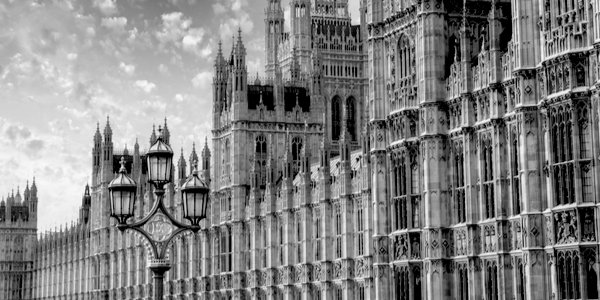AS A social commentator I often come across habitual phrases and lazy assumptions. These may be so normalised that nobody challenges them. Yet the impact of such common usage is considerable and deleterious.
I want to focus on the inappropriate use of ‘we’ in discussions of politics, history and contemporary culture. For illustration, take this typical comment on the topic of immigration. ‘They all come here because we bombed their countries’. This is wrong both factually and rhetorically.
Let’s deal with the facts first. Tony Blair’s war in Iraq certainly led to mass displacement of people from a fractured country previously harshly kept in order by Saddam Hussein. But some of the largest sources of migration to the UK have not been subjected to British military action (recently, at least): Nigeria, India, Pakistan, Albania and Turkey, for example.
However the main problem here is the self-declared ownership of decisions made at Westminster and Whitehall (arguably, in many cases, following orders from Washington). Saying that ‘we bombed the Middle East’ is like saying that ‘we closed our steel industry’, or ‘we locked down’ in the pseudo-pandemic. This inappropriate possessive devalues the speaker, as well as the intended criticism of the nation with whom he or she identifies.
I did not contribute to the decision to inject the populace with mRNA concoctions, and I doubt if any TCW readers did either. I didn’t decide to drop bombs on Belgrade or Baghdad. So why talk as if you are responsible? If we are to detach ourselves from the system, we must stop referring to corrupt legislators, administrators and profiteers as if they are among us.
Another application of this naïvely collective ‘we’ is in the ideological concepts of identity politics, indoctrinated into the younger generations in schools and universities. White British people are expected to express guilt for their past crimes of colonialism and current white privilege. ‘We’ started the slave trade (with a conservative rejoinder that ‘we’ stopped it). No – you and I played no part in the transportation of West Africans to the Caribbean and their hard labour on sugar and cotton plantations.
This ‘we’ is also emphasised in the other dogmatic schema of ecological doom. Citizens of every town are browbeaten and busy-bodied into reducing their carbon consumption, as if they are personally liable for concentration of atmospheric gases. This is taken to absurdity with the notion that China and India should be allowed to continue industrial development and pollution, because ‘we’ had our turn, so ‘they’ should have theirs. So much for saving the planet!
The truth is that the UK, like any Western country, is no longer a ‘we’ but a ‘them and us’. Our prospects in an otherwise dystopian future depend on our building a unified resistance to the establishment and maintaining a positive outlook. If there were Nuremberg trials tomorrow, would you still be identifying with the culprits?











